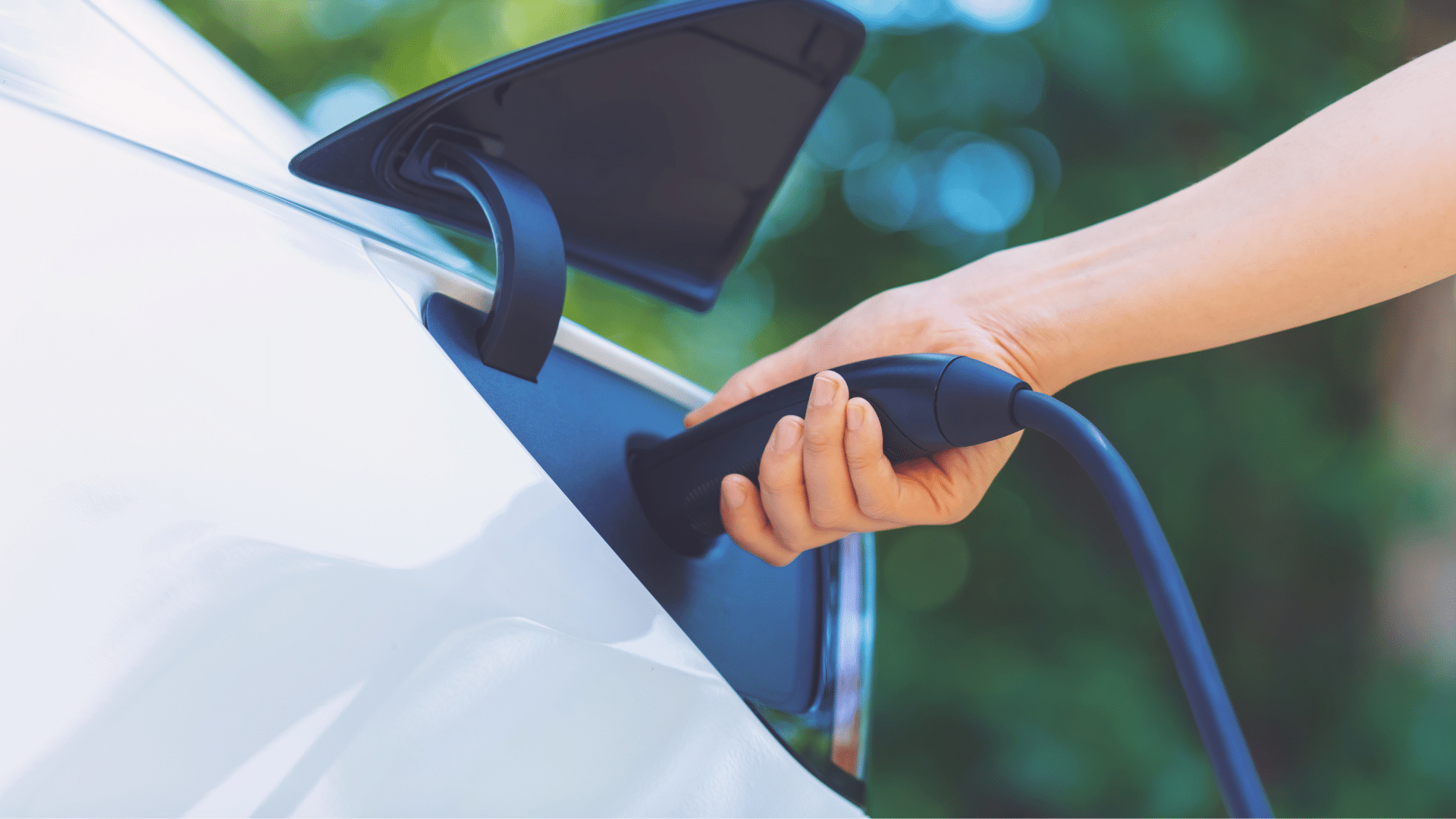
Are you considering buying a vehicle that you will primarily use for business? Then you may consider buying an electric vehicle under the company name. The government offers several tax benefits when small business owners use vehicles for business purposes, and if it is a zero-emission vehicle (ZEV), the tax advantage grows significantly.
The Canadian government has passed Bill C-30, which expands tax support for business investment in electric vehicles. Small business owners can write off 100% of the purchase price of the eligible ZEV up to a maximum of $55,000. You can claim this write-off under the accelerated Capital Cost Allowance (CCA), which phases out from 2024 to 2028. Here is everything you need to know before you buy the electric vehicle and avail of the incentive.
What Classifies as Zero-Emission Vehicle?
When it comes to tax deductions and incentives, always read the eligibility the Canada Revenue Agency (CRA) provides to avoid missing out on the tax incentive. The CRA identifies a Zero-Emission Vehicle as a motor vehicle designed for use on highways and streets that is:
- a plug-in hybrid with a battery capacity of at least 7kWh or
- fully electric or
- powered by hydrogen
The CRA classifies assets under classes and determines the depreciation rate for each class. When writing off assets, you first identify the asset class and then deduct CCA at the rate specified by the CRA. The CRA created two new CCA classes for zero-emission vehicles, Class 54 and 55.
- Class 54 includes passenger vehicles that cost between $30,000 -$55,000 before sales taxes.
- Class 55 includes taxicabs, vehicles used for short-term renting or leasing, and heavy trucks and tractors designed for hauling freight.
The ZEVs that do not qualify under Classes 54 and 55 falls under a new Class 56. This class includes fully electric vehicles or those powered by hydrogen and excludes those powered partially by means other than electricity or hydrogen, like gasoline or diesel.
Is Your Electric Vehicle Eligible for Tax Write-Off?
While the above are vehicle specifications, the purchase time is important if you want to claim the limited-period accelerated CCA.
- The ZEV should be acquired and available for use after March 18, 2019, and before 2028.
- The vehicle should not be acquired or used for any purpose before getting acquired by the taxpayer.
- No other person or partnership claimed the CCA or terminal loss on the acquired vehicle before the taxpayer acquired it.
After March 1, 2020, the CRA relaxed the second condition and allowed small businesses to include used ZEVs. However, the previous owner of the used ZEVs should not be a business, person, or partnership dealing at arm’s length with the taxpayer. If the previous owner claimed the CCA or terminal loss on the used ZEV, the small business owner cannot acquire the vehicle on a tax-deferred “rollover” basis.
The eligibility criteria can get complicated. Hence, seek the advice of a professional accountant to confirm if the vehicle you are buying qualifies for the 100% CCA.
How Does The Accelerated CCA Work For Zero-Emission Vehicles?
As stated before, the CRA determines the CCA rate for every asset class. The CCA rate for
- Class 54 passenger vehicles are 30%
- Class 55 taxicabs and vehicles for lease or rent is 40%.
But the government is giving a special accelerated CCA deduction if you buy eligible vehicles after March 18, 2019, and before January 1, 2028.
- 100% deduction before the end of 2023
- 75% deduction from 2024 to the end of 2025
- 55% deduction from 2026 to the end of 2027
From 2028 onwards, you can write off the eligible ZEVs as per the 30% and 40% CCA rates.
Your business can claim the accelerated CCA only in the taxation year when the vehicle first becomes available for business use. For instance, Mary purchased a class 54 ZEV in 2024 for $50,000, and John acquired a similar class 54 ZEV in March 2028. Mary can write off $37,500 (75% of $50,000) in the 2024 tax year and 30% afterwards. John can write off 30% of CCA in the first year.
You can avail of the government’s tax benefit by preponing EV purchase plans for your business. When you claim vehicle expenses, you can deduct the interest on vehicle loans to the ratio you used the vehicle for business purposes. A professional accountant can help you maximize the tax deductions on the vehicle used for business purposes.
Contact Ford Keast LLP in London for Your Accounting and Tax Planning Needs
At Ford Keast LLP, our accountants can provide services to support all tax filing. In addition, we can provide recommendations on making the most of the various tax benefits the CRA offers and reducing your business and personal income tax. To learn more about how Ford Keast LLP can assist you with tax planning, contact us online or by telephone at 519-679-9330.



